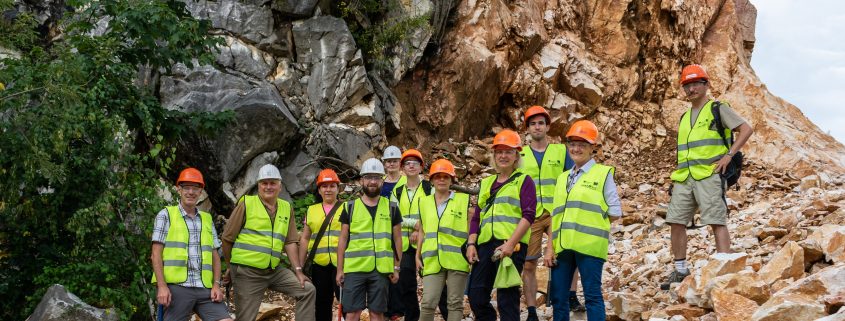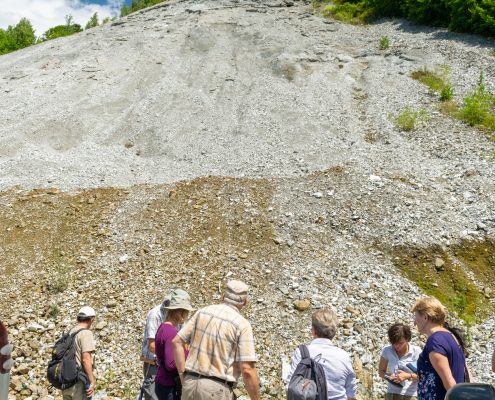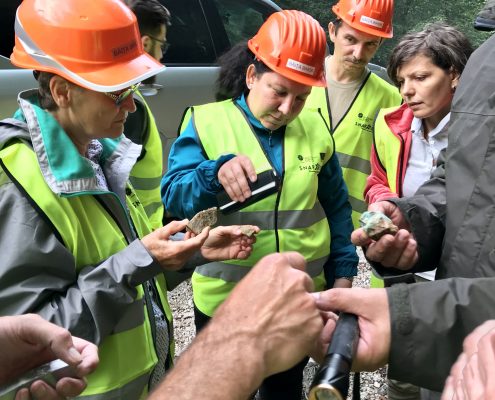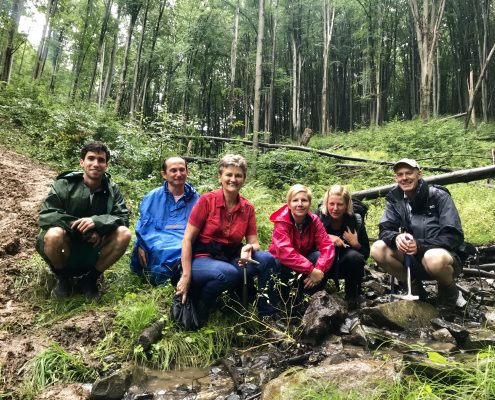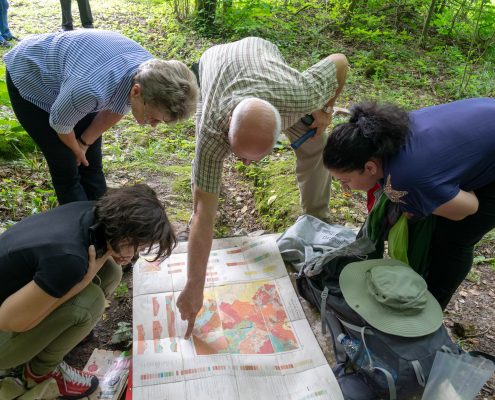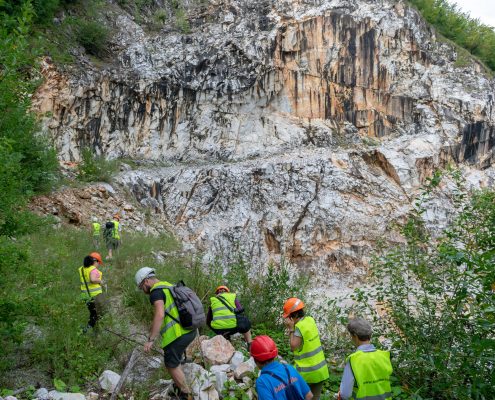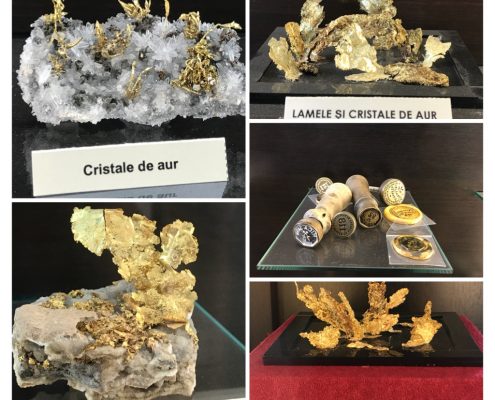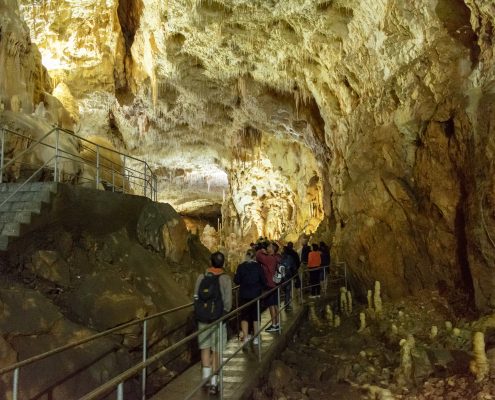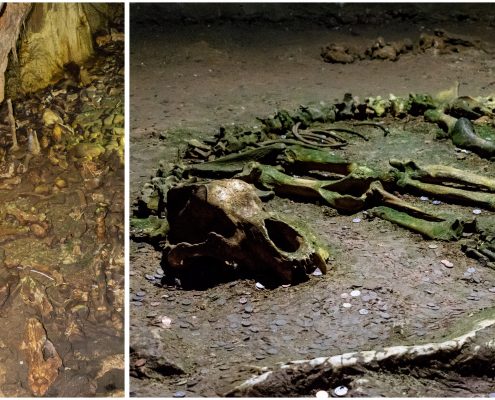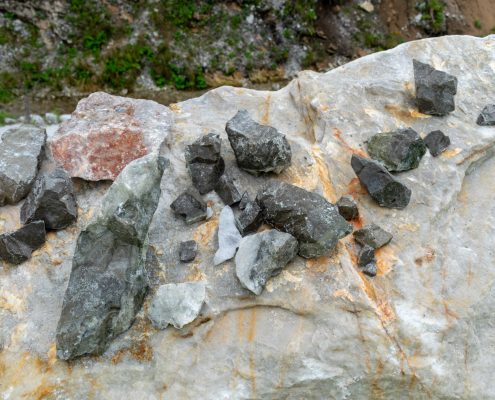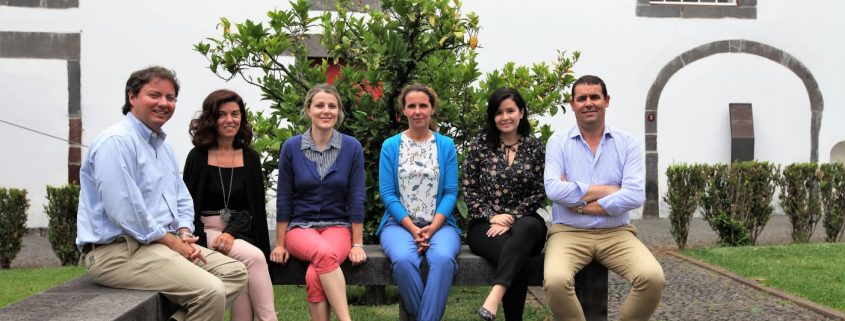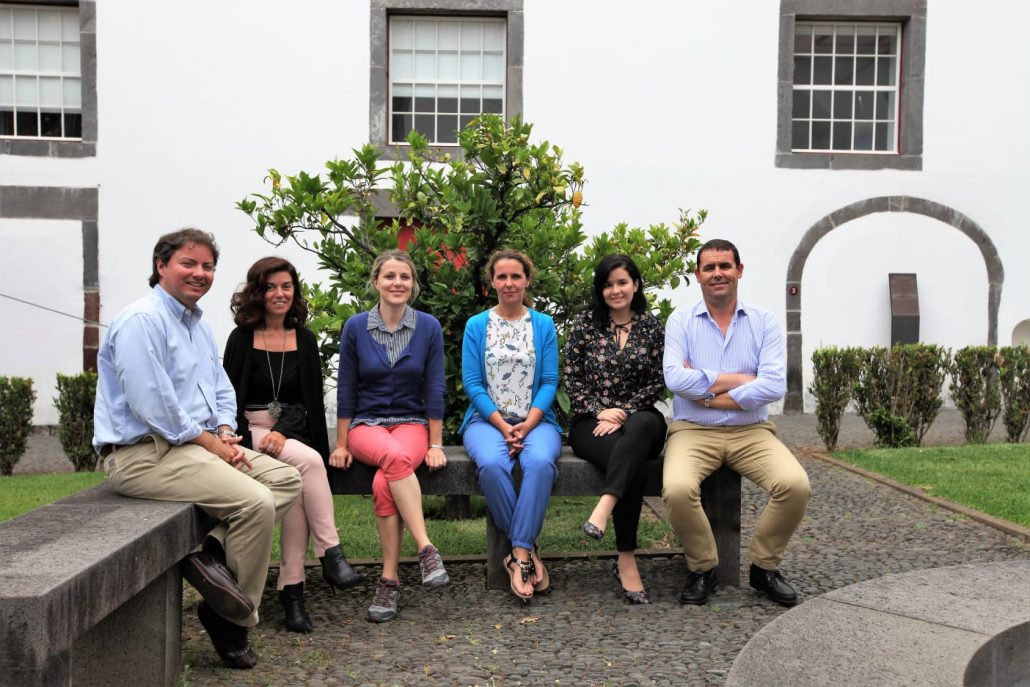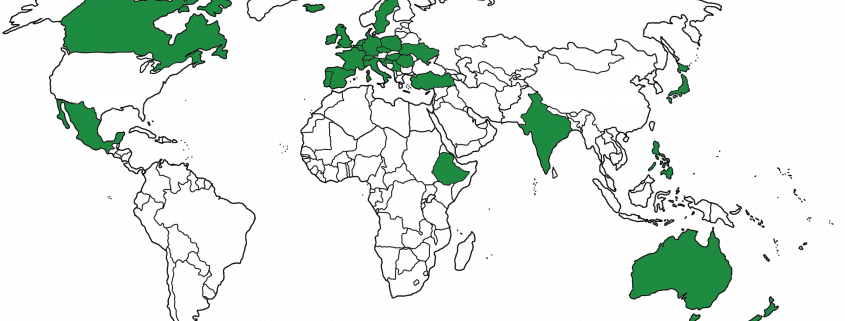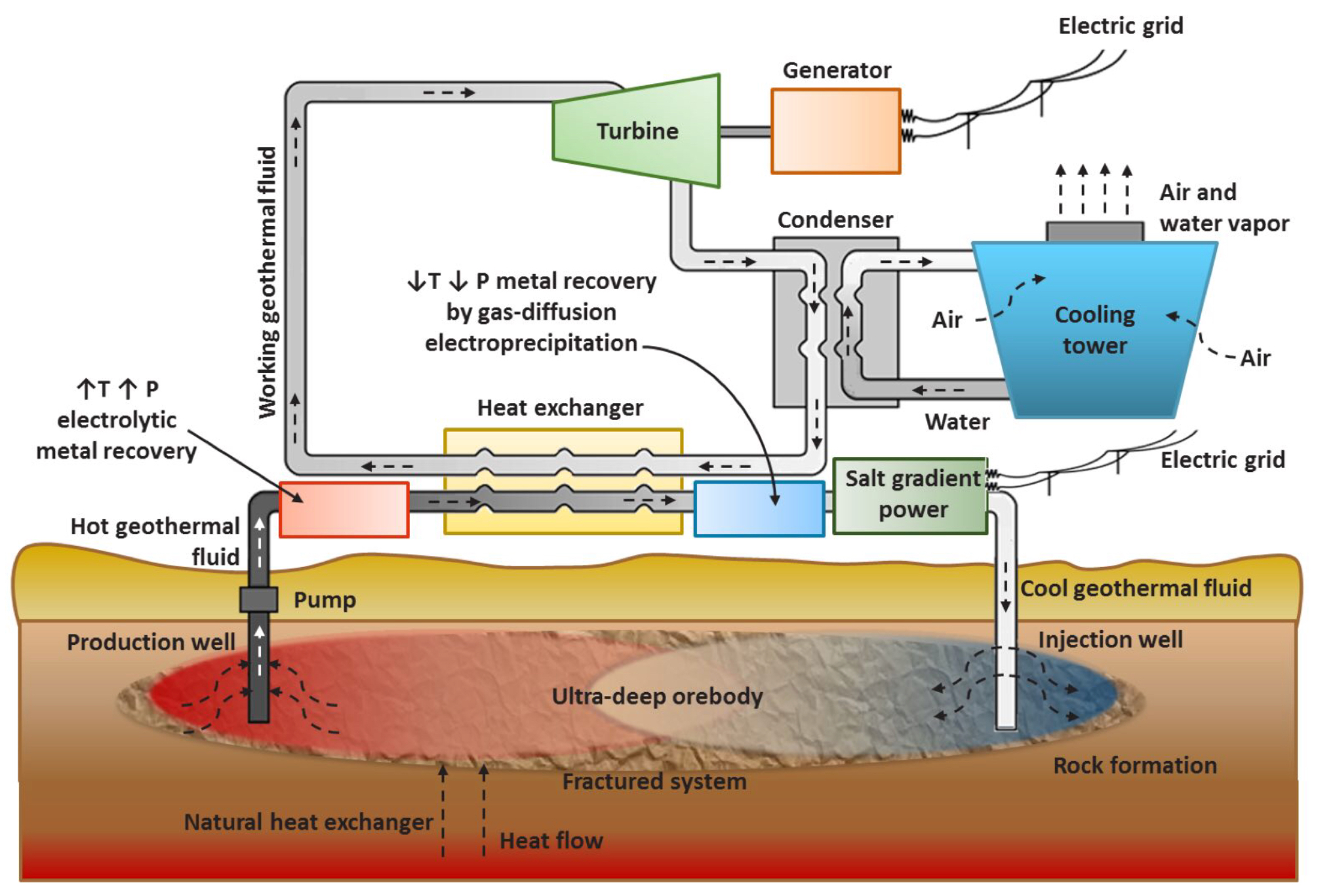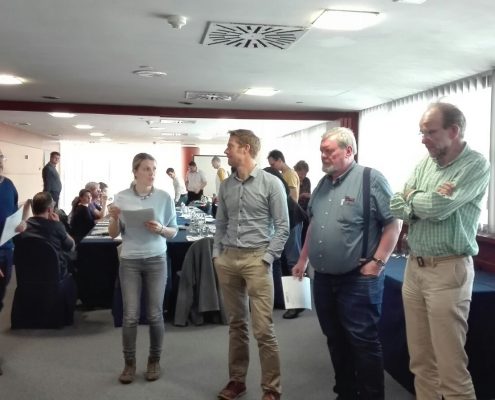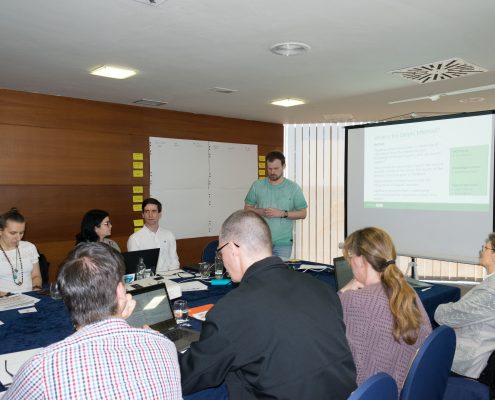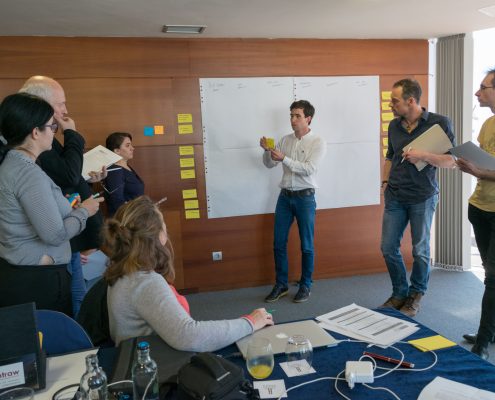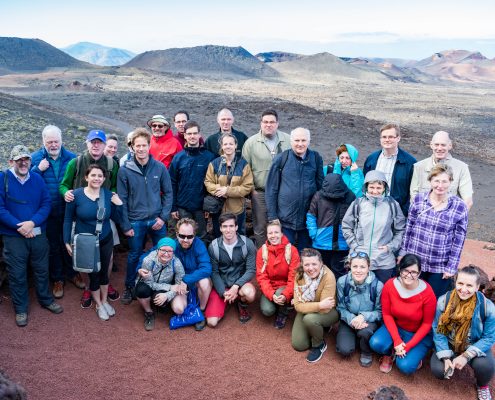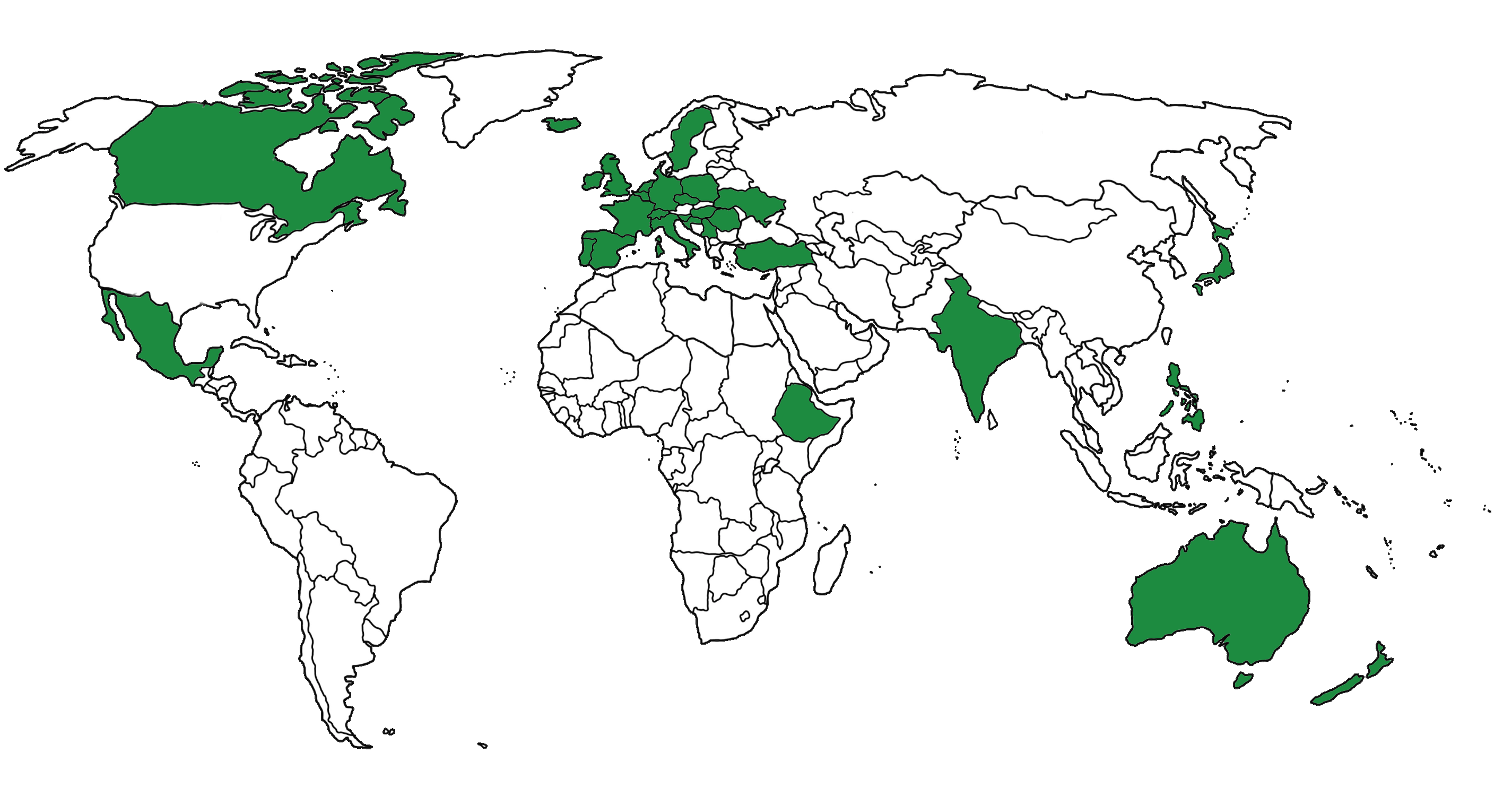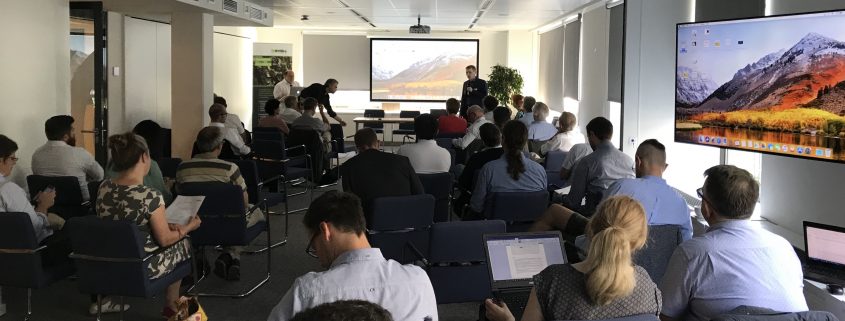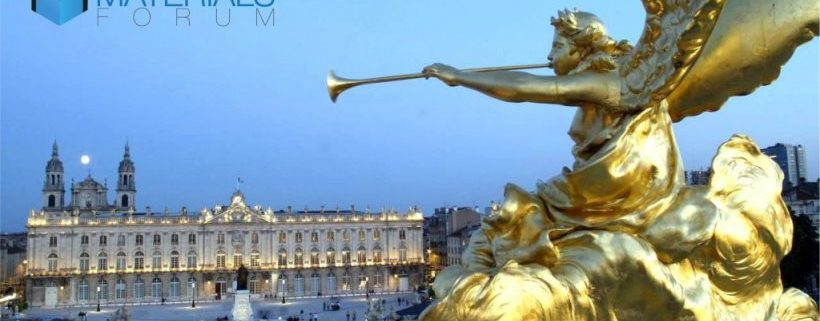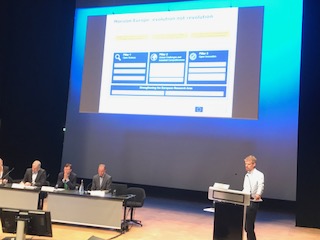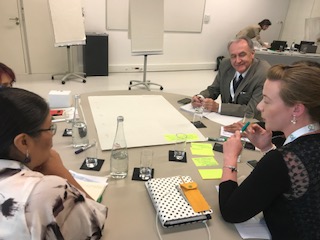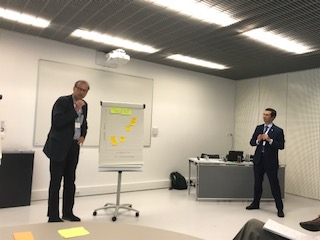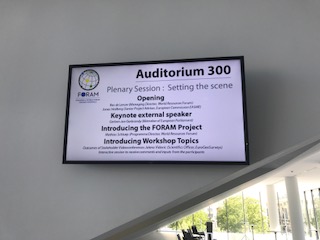CHPM2030 Romania fieldtrip
The CHPM2030 project participants visited the second study area in WP6 Roadmapping and Preparation for Pilots: Beius Basin, Romania. The field trip was organised by Diana Persa and Stefan Marincea from the Geological Institute of Romania.
In WP6, LPRC is deploying its foresight background for both the short-term and long-term planning of the CHPM (Combined Heat Power and Metal extraction) technology, with the involvement of the Partners and Advisory Board members. The short-term planning, by 2030, includes the study of 4 areas in the UK, Romania, Sweden and Portugal, with the help of the representing national geological surveys: British Geological Survey, Geological Institute of Romania, Swedish Geological Survey, Portuguese Geological Survey. The CHPM team recently visited the South-West England study site (read more at CHPM2030 Cornwall Fieldtrip), and now the focus was on the Romanian banatitic magmatic and metallogenic belt.
The participants first visited the town hall of Beius, located on the Northwest of Romania, where the local geothermal district heating system was explained. Some parts of the instrumentation were later visited by team. The field program included visits to several skarn related exposures of the banatitic magmatism, including Budureasa (Valea Mare, quarry with brucite bearing granodiorite-dolomite contact), Pietroasa (Dealul Gruiului, adit for exploiting magnesian borate bearing altered dolomite) and Baita (marble quarry, calcic skarns with base metal sulphides) in the Bihor Mts. and at Cazanesti (Cerboaia Valley, gehlenite bearing high temperature contact zone) in the Magureaua Vatei area. These skarns are especially interesting, as these are expected to be present 3-5 km depth at the host rock and magmatic intrusion contact zones. Since many of the surface exposure skarns were mineralised, it is expected to see similar processes at depth, being a special interest area for simultaneous geothermal energy and mineral extraction, the aim of the CHPM technology.
Besides the field exposures, the participants had the opportunity to visit the Turda salt mine, the Bears’ Cave at Chiscau and the Gold Museum in Brad. The study areas representative geological surveys will meet in October in Brussels, at GeoHub, to further advance discussions on the first pilots, to be developed by 2030.

